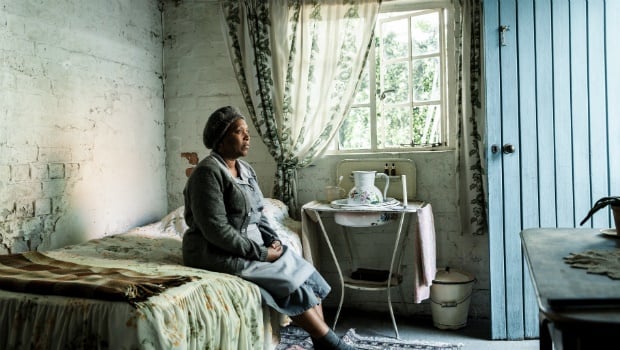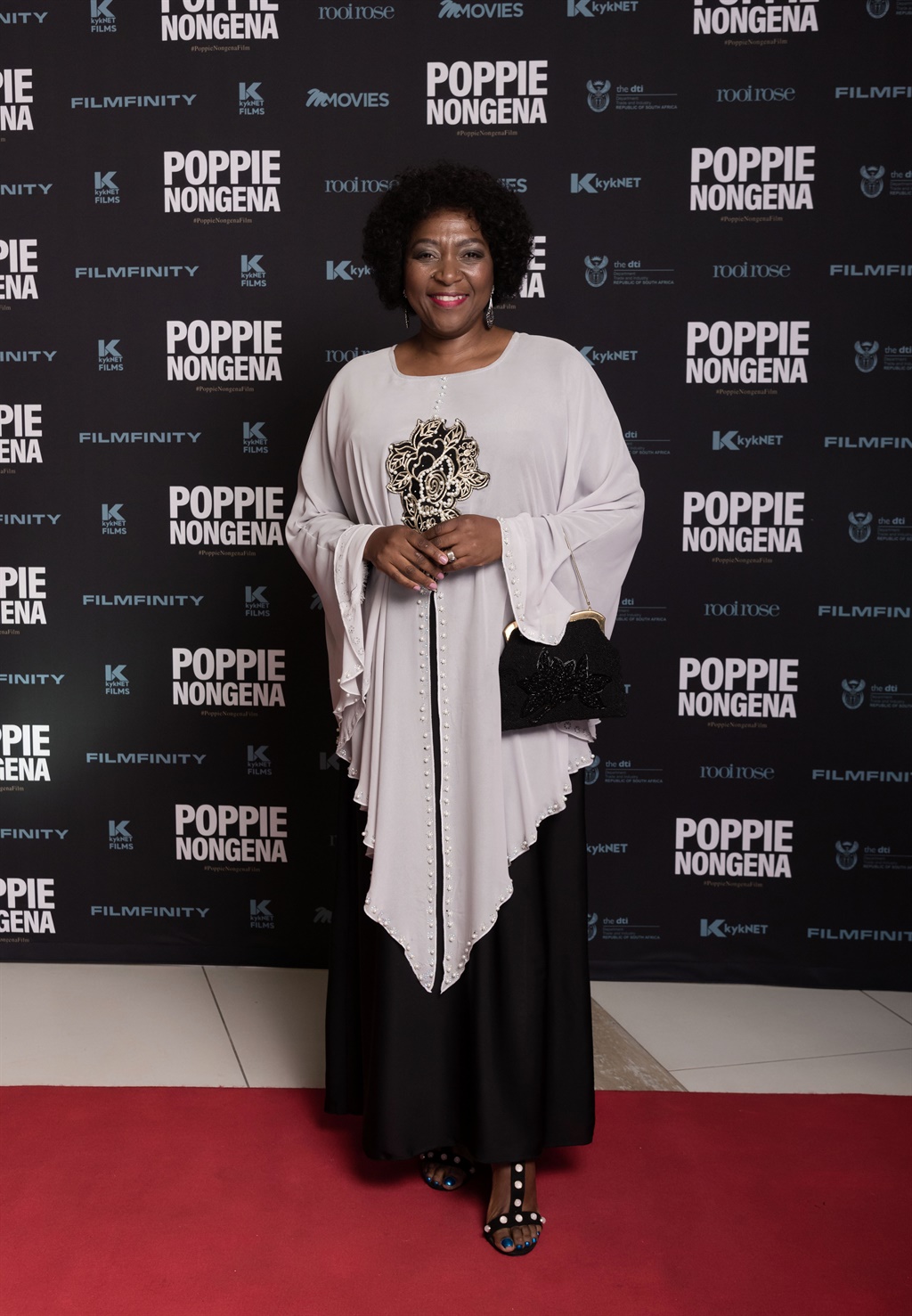
I attended the premier of the Poppie Nongena film at a time when I had just bemoaned Tyler Perry's continuous 'battered black woman' narratives that characterise almost his entire filmography.
And I'm not the only one - there's collective fatigue not only over the Tyler Perry conversation, but from stories centered around black pain. A lot of people are now opting to no longer watch films or series where the protagonist - whether black or a woman or both - is a fictional character created for the sole purpose of suffering.
We not only want to see different portrayals of black women, but we are also weary of having this diet of black pain fed to us so much that we become desensitised to the realities around us.
And no, this is not the springboard from which to launch a think piece about "millennial apathy" from - we just want different stories.
However, the Poppie Nongena movie is not only based on Elsa Joubert's 1978 book Die Swerfjare van Poppie Nongena, but a true life story too. And for that reason, I figured it's worth a watch as Poppie Nongena could have easily been my grandmother... or yours.
Poppie, although her name may be changed, was no fictional character - she was a South African isiXhosa mother, whose life revolved around finding stability for her family when she was deemed by the law to be an illegal resident in her own country. This is a reality South African women are not removed from to this day.
The story captures her struggle with the authorities for permission to stay, moving from house to house, applying for permits, applying for extensions, extensions of extensions, and using every means at her disposal to remain with her children, Bonisile, Thandi, and Weekend.
Caught in the crossfire of her children’s needs, her husband’s illness, community anger and repressive laws, she is finally forced to surrender just as the 1976 riots for freedom erupt.
Her character is played by formidable veteran actress, Clementine Mosimane, who with utmost sincerity and warmth, had walked by me and a fellow media colleague before the movie started, and greeted, saying she hopes we enjoy the film.
Now, I'm not one to get star struck locally, but I was after this brief interaction... and even more so after I witnessed her brilliance in the movie.
Image: Supplied
There's something about experiencing the talent of those you grew up seeing on your TV screen when you're now an adult. I mean, this is an actress of Yizo Yizo and Soul City fame - two local dramas that shook tables in the early 2000s.
I digress.
Anyway, why do I think South African women should still watch this movie despite their reservations about trauma porn literature and entertainment?
Well, as the film producer Helena Spring put it; “Although it deals with a life of struggle, it is filled with humour, hope, tenderness and entertaining insights, which open a window on a time in history that we can all learn from."
Of course, do so at a time when you're ready.
READ MORE: #Metoo burnout: why it's okay to take a step back
But to add my own critique and praise; I do feel that there was a modicum of 'white saviour complex' (or at least a brand of it) depicted through the characters of Antoinette Swanepoel (Anna-Mart van der Merwe) and Mrs Retief (Nicole Holm).
There's a considerable amount of time spent focusing on these two women's efforts to help Poppie get an extension. This is by no means dismissive of the work of the Black Sash movement and the fact that there were white people who were indeed compassionate to the black people in their lives during apartheid, but the representation is somewhat disproportionate.
Besides this pesky little criticism, the story of Poppie Nongena is beautifully told - from the technical elements of its cinematography, to the way the layers of her life are peeled away painfully as the story progresses, to the intersections of language and the semiotics thereof (isiXhosa, Afrikaans, and English) at the time.
You'll learn when you watch this film that Poppie had a complex relationship with language, but that was a mere stitch in the fabric of her years' long strife.
Through Poppie's teen son Bonisile (Aphiwe Sithole) impregnating his girlfriend, we catch a glimpse into what is most probably just one of the untold stories of that era - the abandoned children of apartheid and the mothers who couldn't keep nor raise them. But I'm not here to share any spoilers.
You might leave the cinema heavy. You might leave with a lump in your throat. You might even leave with a pang of anger.
The point is, if you're a black woman in South Africa, a chord will be struck in some form or another. In this same breath then, I must mention that the producer of this film also recently committed to enable the film to make a difference to the plight of women, saying she "will be donating 10% of the Producer’s profits from the film to organisations working to stop gender-based violence in South Africa."
Bookings have opened for the legacy film, Poppie Nongena, which releases in cinemas nationwide on 31 January 2020.
Follow us on social media: Facebook, Twitter, Instagram
Sign up to W24’s newsletters so you don't miss out on any of our stories and giveaways.




 Publications
Publications
 Partners
Partners











